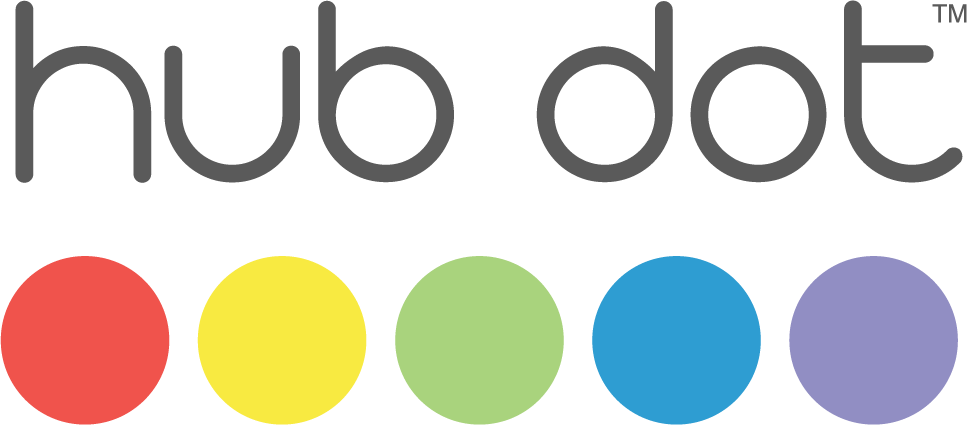How to be a better coach
Whether you’ve embarked on a career as a life, career or wellness coach or you’re a leader looking for a better way to manage people, there’s so much we can all learn from those who make it their mission to help people overcome challenges. We’ve compiled top tips from the HubDot team with the aim of helping you be the best coach you can possibly be.
But first, what’s the difference between coaching, management and mentorship?
Well, for many of us there’s a big overlap as parents, teachers, managers and friends often find ourselves coaching without even realising it. In its simplest form, management is all about getting the best out of the people you work with and it’s usually characterised by telling others what to do, how to do it and when it needs to be done. Mentorship is generally a more experienced person guiding an individual towards a specific goal or through a transition period, while offering advice and support. Coaching, like both of the former, is all about helping an individual grow, overcome challenges and solve problems, but it’s the approach that sets it apart. While a manager and mentor might both tell someone the best course of action, a coach will usually listen and collaborate to find a solution that works for that person. It’s less about being an expert or having all the answers, and more about having the time, empathy, patience, out-of-the-box thinking and powers of persuasion to help someone clear those hurdles in their personal or professional life and aim towards self-improvement. Sometimes all you need is a fresh perspective and a push in the right direction, and a good coach should give you just that.
So, you want to be a better coach?
While there are a lot of subjective factors when it comes to being a ‘good coach’, one thing that will always remain true is being open to personal growth and ongoing development. Because, if you’re not willing to put in the work and be your best self, how can you expect someone to come to you for support with their own self-improvement? With a number of years of coaching under our collective belt, here are some top tips from the HubDot team to you.
1. Be prepared to put your lived experience on the table.
When someone chooses you over another coach it’s often because of what you’ve achieved or overcome. Sometimes your credentials aren’t just your work experience or your CV, but your life experience and resilience too. It’s not about centering yourself in every conversation, but making sure you put your advice into context.
2. Gather feedback.
While your approach isn’t going to be perfect for everyone, the best way to improve will always be to gather feedback. Take extra notice of any comments that are repeated and take the rest with a pinch of salt. There are also more subtle hints you can pick up on such as body language and any misunderstandings. Writing these down to refer back to will help you further identify what is and isn’t working for that person, but it will also help you spot patterns and adapt your approach.
3. Be a great listener and supporter, but don’t just say yes.
Listening is everything when coaching someone, but it’s how you respond that really counts. Sometimes telling people what they want to hear isn’t in their best interests. To be the best coach you can possibly be, you have to be prepared to have the difficult conversations and do so with the utmost compassion.
4. Stay in your lane.
People will always come to you with problems that you don’t have the answer to or they’ll seek advice on something that’s outside of your experience and expertise. Knowing when to tell someone to seek advice elsewhere and talk to a professional that’s more qualified in this field is a very important skill.
5. Own your personal story and know how to use it.
As you’re probably aware, we’ve been supporting everyday people to share their extraordinary stories for many years. One thing we always find is that people don’t always know they have a story to tell, and a lot of the time people don’t realise the power of their story until they share it with the community. Your story is your best tool to connect in a way that resonates and has impact.

